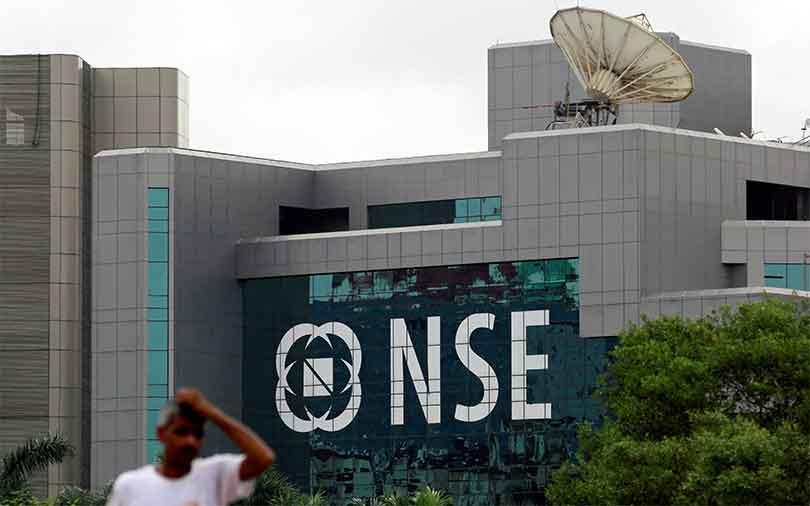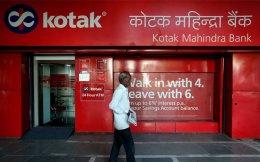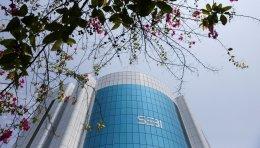Non-banking financial company IFCI Ltd has partially exited the National Stock Exchange in a transaction that values the bourse at Rs 42,695 crore ($6.55 billion).
State-run IFCI sold 1.075 million shares, or a 0.22% stake, at Rs 873.74 apiece. This totals to Rs 93.93 crore ($14.42 million), it informed stock exchanges on Thursday. It didn’t disclose any information on the buyers.
IFCI now holds nearly 3.17 million shares in the NSE, representing a 0.64% stake.
VCCircle had reported in December last year that many of the NSE’s existing shareholders were looking to sell shares because of a delay in the bourse’s planned initial public offering.
IFCI also informed stock exchanges of its disinvestment plan in September after its board approved the sale of 4.24 million shares, or a 0.86% stake, besides the 3.42 million shares it had offered to sell in the IPO.
At present, IFCI holds 15.1 million NSE shares, after adjusting for a share split and bonus, representing a 3.05% stake in the exchange.
The NSE had filed for an IPO on 28 December 2016. But the offering has been delayed due to regulatory issues.
In February, VCCircle reported that IIFL Asset Management Company Ltd bought an additional stake in the NSE, taking its overall holding to a little more than 2%.
In September 2015, IFCI had sold 1.5% stake in NSE for Rs 263.25 crore ($39.7 million then). It then valued NSE at Rs 17,550 crore ($2.6 billion).
As the plan to go public got closer, NSE’s valuation jumped and surged to roughly current levels with a $1.5 billion planned offering.
Other major shareholders in the stock exchange include LIC having a 12.5% stake and State Bank of India with a 5.2% stake.
NSE has several private investors including PE firms such as General Atlantic, Goldman Sachs, SAIF Partners, Temasek, PremjiInvest, Tiger Global and Norwest Venture Partners.
In July 2016, SBI had sold a 5% stake in NSE at Rs 4,050 a share, before adjusting for one bonus share for every 10 shares held and a 10:1 split.
The deal valued the NSE at Rs 18,220 crore ($2.7 billion). In April 2016, IFCI had sold NSE shares to Hong Kong-based private investment firm Soach Global at Rs 3,950 each.
IPO plan
The stock exchange had originally planned to go public this year in what would have been India’s third-largest IPO ever, after state-run companies Coal India Ltd and General Insurance Corp. The miner had floated a Rs 15,500 crore IPO in October 2010 while the reinsurance firm went public with a Rs 11,372 crore IPO in October this year.
Earlier in 2017, NSE chairman Ashok Chawla said the firm pushed back the IPO deadline to December 2017 and later until March 2018. The planned offering is now slated for the second half of fiscal 2019.
For NSE to launch its IPO, it will now have to re-submit its application to SEBI, according to NSE chief executive officer Vikram Limaye, who replaced Chitra Ramkrishna in July 2017. Ramkrishna had resigned as managing director and CEO in December 2016.
Her exit came after allegations that there was collusion among officials giving some brokers an undue advantage. The Economic Times reported at the time that Ramkrishna had quit due to differences with the board. The bourse, however, denied the report.
SEBI ordered a joint forensic audit to ascertain any unfair practices at the NSE. It appointed auditing and consulting firms EY and Deloitte India to conduct a forensic audit to review the NSE’s co-location facility and whether certain brokers gained time advantage and profited from such preferential access at the exchange’s co-location facility.






